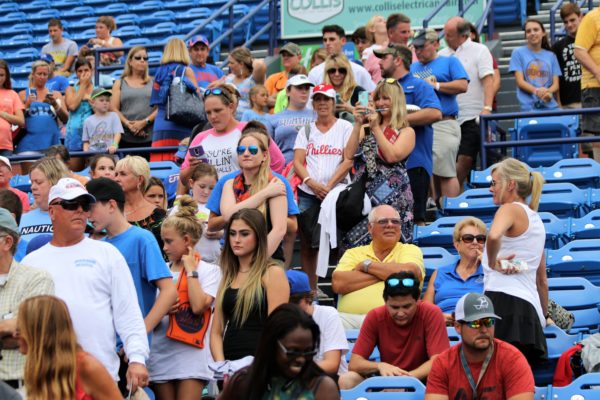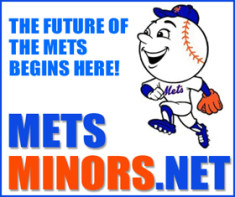
Baseball America’s J.J. Cooper reported earlier this week that Major League Baseball and Minor League Baseball expect to return to the negotiating table soon to figure out the structure and organization of MiLB moving forward. Negotiations are expected to resume shortly after the MLB season gets underway. The two sides are expected to work on a finalized list of the 120 remaining full-season, minor league affiliates. Cooper says the list will vary from the public list that was circulated last year, and any list is highly speculative until an agreement is made.
Cooper also reports that the negotiations could come with a significant twist. He says that MLB is strongly considering flipping high Class A and low Class A. For the Mets, this would mean that players would stop off at the Florida State League’s St. Lucie Mets before later moving on to the South Atlantic League’s Columbia Fireflies, rather than vice-versa like it’s situated now.
This is a move that is of interest for MLB because it makes strong logistical sense. Many high Class-A teams play out of their organization’s spring training complexes. With this swap, teams could promote and demote players out of their complexes and into the next level by simply moving them from one clubhouse to another.
Cooper says that the swap could also benefit Dominican and other Central American ballplayers because the adjustment to a warmer climate would be easier than having to play full-season ball for the first time in a colder climate like the Midwest or Northwest Leagues.
One further compromise has been floated between the two sides. This plan would see the new low Class-A Florida State League play the first half of their games in Florida before moving to traditional New York-Penn League cities for the second half. FSL teams tend to draw less in the second half as a result of snowbirds returning up north for the summer, and would allow FSL teams to avoid humid, Florida summers that are often filled with rain delays and postponements. Likewise, the NYPL would get roughly the same amount of games it normally would in a traditional short season.

